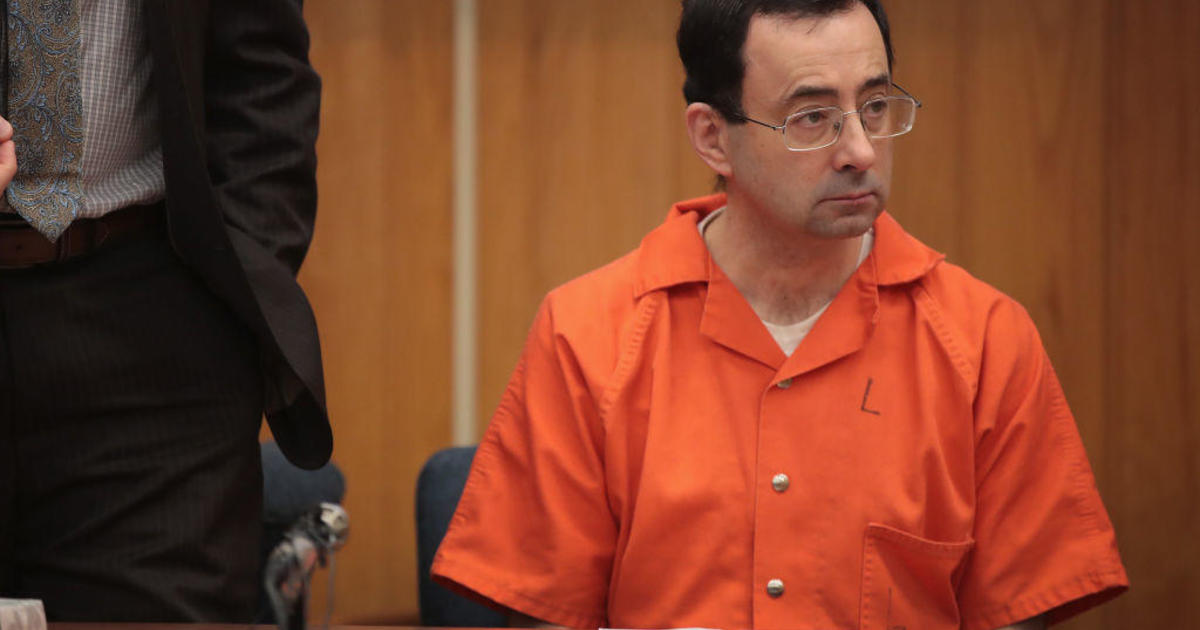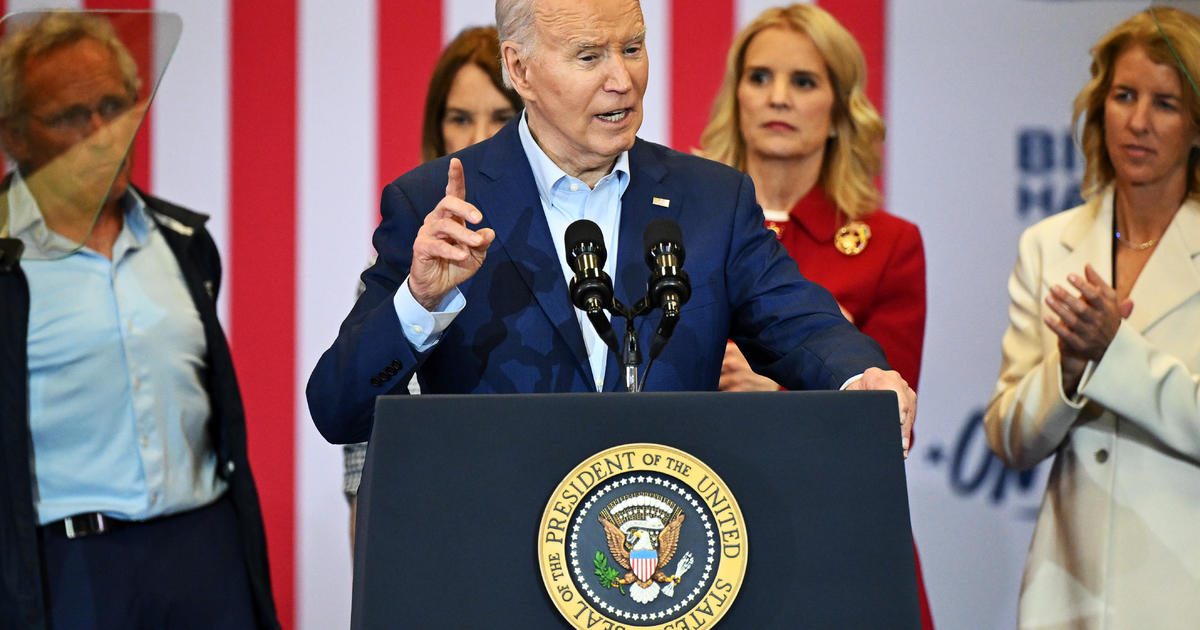"Toxic politics is driving good women" out of Britain's Parliament
Leeds, United Kingdom – During the run-up to Britain's election on Thursday, violent threats and abuse directed at politicians got so bad that, for the first time, police sent written safety advice to every campaign across the country. The vitriol is directed at politicians of both genders, but according to research by Sheffield University, female candidates receive significantly more sexist abuse — including rape threats — which is pushing some women out of politics.
"The violent nature, sometimes the misogynistic nature of the attacks on women are different types of abuse to what male politicians are being exposed to," Rachel Reeves, a female lawmaker running for reelection in the northern English city of Leeds, told CBS News. "I think that's a real problem."
On the campaign trail
Reeves has received abuse on and offline. On a wall in her constituency, someone recently graffitied "Hang traitor MPs."
On Facebook, she has received threatening messages like: "Traitor b**** don't you dare vote against no deal or you're finished in Armley" and, "Scum traitor can't wait to see you in Armley again."
"That's the sort of thing I think that does actually give some anxiety," Reeves told CBS News. "What's he saying? What's he going to do if he sees me?"
Reeves stopped publicizing where she planned to make campaign appearances in advance, and she installed extra security in her office. But a large part of her work involves going out and interacting with the public.
Those encounters can be tense, but she says it's an important part of the job, and she refused to be deterred.
"The purpose of this sort of abuse really is to try and silence us," Reeves told CBS News. "I don't want them to succeed, which is why I carry on speaking out, arguing for what I believe in."
But law enforcement officials worry about the tense encounters turning into something more serious.
"Vitriolic personal abuse"
Britain has become increasingly polarized, largely due to starkly divided opinions on Brexit. In 2016, days before the Brexit referendum, female parliamentarian Jo Cox was murdered by a man shouting "Britain first." It was the first killing of a British lawmaker in over 25 years, and it prompted authorities to offer politicians more security.
Reeves said Jo Cox's family, "wouldn't want the response to be that MPs were going to lock themselves away... That was part of the job that Jo enjoyed the most, being engaged and a part of her local community." But she admits that "it does, I think, change the way in which you do that."
Reeves says the levels of online and real-world harassment have only increased in the three years since Cox was killed. A study by the University of Sheffield showed a spike in online abuse during the election campaign that has just ended.
"The rise in political abuse reveals the extreme voter polarization and is attacking the political orientation or opinion of the candidates," said professor Kalina Bontcheva, who led the study. "This is combined with an even more disturbing rise in vitriolic personal abuse and threats often targeting the candidates due to their race, gender, country of birth, or religion."
Hostile climate
"I am exhausted by the invasion into my privacy and the nastiness and intimidation that has become commonplace," Heidi Allen, one of the female lawmakers who decided not to run for reelection, wrote in a letter to her constituents.
"Nobody in any job should have to put up with threats, aggressive emails, being shouted at in the street, sworn at on social media, nor have to install panic alarms at home," she wrote.
At the start of this election period, an unusually high number of women lawmakers announced they would not run for office again, several citing the hostile political climate and abuse. In total, 58 politicians stood down, 18 of them women.
Those numbers roughly mirror the gender breakdown in Parliament, but the women who quit were younger on average than the men and resigned approximately 4.5 years earlier. Allen is 44 years old and had only been an MP for four years.
That difference, with most men leaving politics at roughly retirement age and women calling it quits at earlier points in their careers, stoked concerns about a particularly toxic climate for women in Britain's government.
"It is extremely worrying to see so many women leaving parliament at this election, citing either the abuse they have received or the pressure it has put on their family life," The Fawcett Society, a group that campaigns for women in government, said in a statement. "We have to confront the fact that our toxic politics is driving good women MPs away. In 2019 it is still a hostile environment for women."
Despite the sexist abuse and high-profile resignations, a record 1,124 women were running for a seat in the House of Commons in Thursday's election, according to BBC News. Any newcomers who win could suddenly find themselves at the beginning of a whole new fight.
Shooting producer Andy Hayward contributed to this report.




